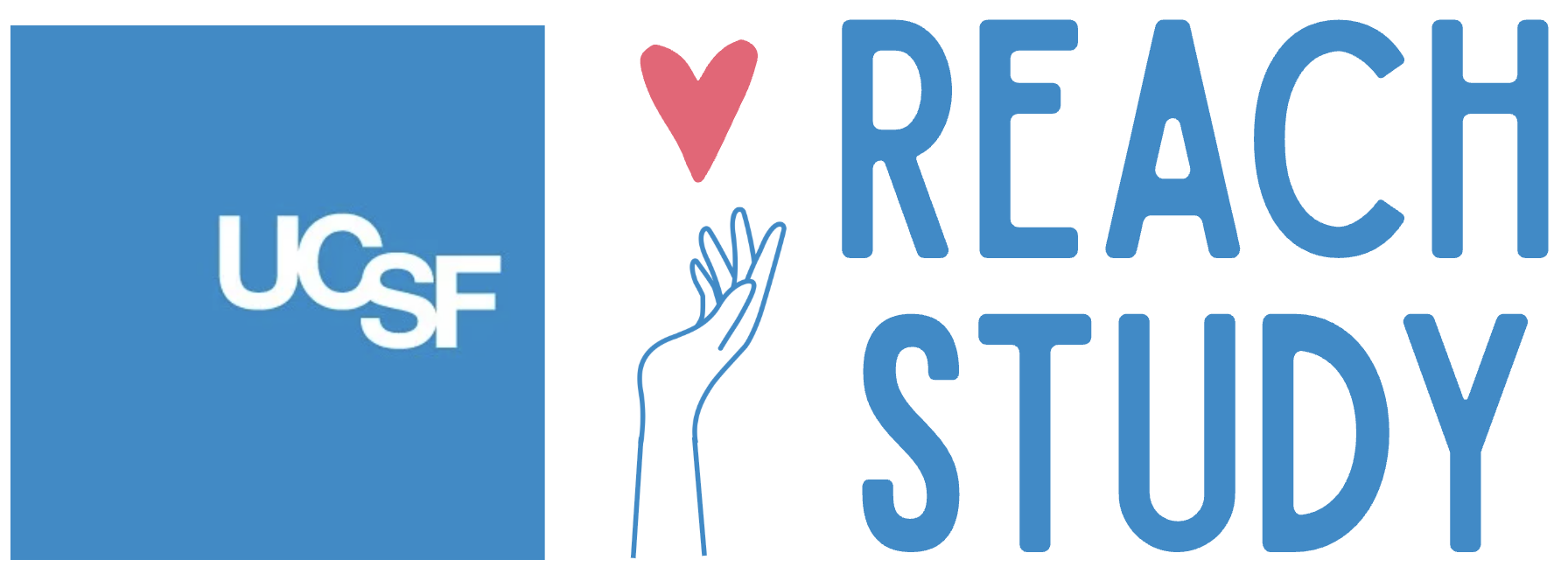Layers of Data Protection
We understand that it’s important to understand where your data is going, how it will be protected, and how it will be used by researchers. We have created this page to explain in detail what steps are being taken to ensure the protection of any data you provide to the highest standards possible. There are multiple overlapping forms of data protection, from the Institutional Review Board to how the data provided in the survey is stored to how the researchers at UCSF will handle the data so your responses will remain de-identified.
back to top
Institutional Review Board
This research study is approved by the Institutional Review Board (IRB) University of California, San Francisco (UCSF). IRBs help ensure ethical and equitable research practices, including ensuring data security and privacy. The boards confirm that appropriate risk and benefits are clearly communicated to you, the research participants, via relevant paperwork like the Informed Consent form included in the survey. Study team members are also required to complete institutional training to receive a certification from the Collaborative IRB Training Initiative (CITI), which is an educational program for researchers about protecting research participants throughout any study.
back to top
Data Security
Study data will be collected and stored in UCSF’s Research Electronic Data Capture (REDCap) system, an approved electronic data collection tool and database. Data will be stored in UCSF data center servers located in the United States. California recently passed numerous laws to protect abortion patient data and the California Attorney General’s office has stated that protecting privacy of abortion patients is a top priority. Additionally, UCSF’s legal counsel is experienced with adeptly navigating anti-abortion data requests without compromising data security. We at UCSF feel confident that if UCSF received any requests for participant data, we would have the highest levels of institutional and governmental commitment to protect patient privacy in such requests.
back to top
Additional Survey Data Protections
- You do not need to provide any information you do not feel comfortable providing. You can either select “Prefer not to answer” or write “N/A” in any text box prompt you do not want to respond to.
- You will not be asked to provide your real name or any identifying details. In fact, we encourage you not to mention any details like your address, your name, or the names of the people you interacted with throughout the survey.
- In order to provide your gift card, we will ask for your contact details. However, you do not need to provide your real name. Also, this data will be stored completely separately from your survey responses. No one will be able to tell which survey responses were yours.
As a result of these efforts, your anonymous survey data will be stored in a de-identified manner, meaning no one who looks at the data will be able to determine who you are.
This study has a National Institute of Health (NIH) Certificate of Confidentiality (CoC). CoCs protect information and documents that contain identifiable, sensitive information related to a participant. The CoC protection cover all copies of information collected or used by the researchers, and these protections last indefinitely. Having this certificate should protect your identifiable, sensitive information collected on this study, even from a court subpoena, in any government-related (federal, state, or local civil, administrative, legislative) proceedings.
(https://policy.ucop.edu/doc/7000543/BFB-IS-3)
back to top
Additional Tools
In addition, we have a few recommendations for tools you can choose to use if you are concerned about any of your communications now or in the future.
- Proton Mail is an end-to-end encrypted email service that protects your information and email content. You can use this service for free and they also provide extended options with a fee.
- Signal is a free end-to-end encrypted messaging service that also includes instant messaging, voice calls, and video calls.
End-to-end encryption means that no one else, not even the communication system provider (like Proton and Signal), can read your messages as they travel between devices.
back to top
